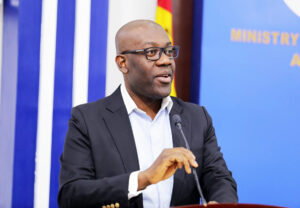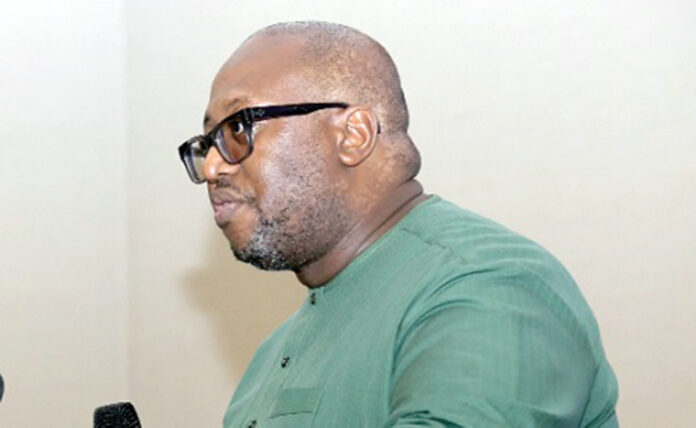It has been suggested on the Ghana Center for Democratic Development (CDD-Ghana) platform that the Ghana Revenue Authority (GRA) and Social Security National Insurance Trust (SSNIT) should give the Fourth Estate of the realm a reality check.
This check, Dr. Eliasu Mumuni, Head of Department of Communication, Innovation and Technology, Faculty of Communication and Cultural Studies of the University of Development Studies (USD),said will organically reduce the country’s oversize media space.
He said although Ghana has a little over 30 million people, it has more media outlets than any country on the African continent.
Hitherto, media work is one of the less-paying jobs in the country, with some practitioners receiving not more than GH₵400.00 as monthly salary, begging the question of the payment of social security.
The UDS head of Department was responding to a question posed by Samuel Nartey George on the acquisition of broadcasting spectrum and keeping the numbers in check, at the launch of research findings by CDD-Ghana on “ensuring accountability in the governance of media and the internet,” in Accra, last week.
Dr. Mumuni was of the view that media houses cannot be forced to close down or merge, however, if workers are not being paid and the attrition rate keeps rising, as well as GRA and SSNIT chasing after media owners over employees’ welfare, the numbers of media system will automatically push the weaker mediums out of business.
He argued that, “if we have a welfare package designed in the way that SSNIT will come after you, GRA will come after you, without doing due diligence, you won’t be able to operate,” adding this would be determined by the market.
While he said there was no law on social media and the political will and commitment to approve the Broadcasting Bill was equally lacking, Vincent Kojo Oppong-Nkrumah, Minister for Information, responded otherwise.
The minister said the delay in the passage of the bill was not for want of a political will, but the last draft was overtaken by several events, including the definition of broadcast that only reflects television.

Mr. Oppong Nkrumah asked about who takes responsibility for a purported “reckless” comment on social media under a traditional media live-streaming programme or international media content, which is contrary to Ghana’s law, adding that these are some of the challenges delaying the passage of the bill.
Presenting the research findings, Dr Mumuni indicated that the media revenue sources are limited to subscriptions, advertisement, paywalls, and sponsorship, making media financial sustainability weak.
Furthermore, it was discovered that most media houses are diversifying into mining, real estate, and pharmaceutical industries, but these business diversifications were not born out of media profitability, but rather the opposite.
He added that they also discovered that most of the print media have also evolved, by taking advantage of the online to push forth their news.
It was also realised that fake accounts, cyber trolling, cyberbullying, cyberstalking and the use of surveillance on people, were the most dominant threats posed by the evolved media.
Dr. Kojo Pumpuni Asante, Director of Programmes and Policy Engagement at CDD-Ghana, added that the essence of the research was to understand the rapidly changing technologies in the media space and the implications for media business modules.
He stated that while freedom and independent media are essential for democracy, the quality and credibility of news sources are also important assets.
According to him, this new system of journalism lacks traditional safeguards of journalism like the National Media Commission, Ghana Journalist Association, and editorial teams whereas more Ghanaians rely on online news without the challenge of fact-checking the contents.
He acknowledged that the changing technologies have also been overwhelming for the government, due to threats to state security, balancing free speech, safeguarding the public, and being accountable.
According to him, it was essential to examine technology and its impact on changing media space and business modules if the public wants to sustain free and independent media that promotes healthy democracy.
“Media owners and media supporters must pay serious attention to the media business and ensure that it is sustainable,” he suggested.
The research used over 1000 sample sizes of media practitioners, public relations officers, and Civil Society Organisations (CSOs) in partnership with the media. The researchers deployed a mixed methodology- qualitative and quantitative – to arrive at their findings.








